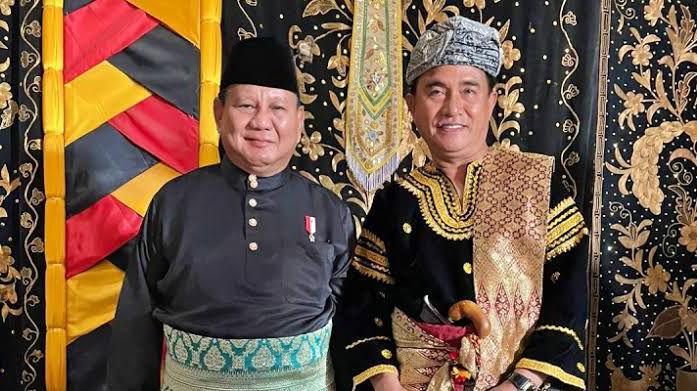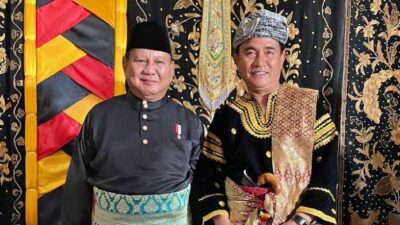Indonesia celebrated its 80th Independence Day on August 8, 2025, not just as a symbolic event but as a reflection of the nation’s core aspirations. Independence, as understood by the country, extends beyond freedom from colonial rule to encompass freedom from hunger, ignorance, and underdevelopment. The launch of the Free Nutritious Meals (MBG) program embodies this spirit of independence, presenting a tangible step towards better nutrition for all. More than a mere food assistance initiative, MBG represents an investment in Indonesia’s future, particularly in the well-being and potential of its children.
Noudhy Valdryno, also known as Ryno, Deputy for Dissemination and Media Information, emphasized the significance of the MBG program during its launch in Jakarta. Through MBG, millions of schoolchildren, pregnant women, breastfeeding mothers, and toddlers nationwide now have access to nutritious meals on a daily basis. The benefits extend beyond immediate nourishment, enhancing children’s academic performance, physical growth, and brain development. The long-term vision for MBG is to lay the groundwork for a thriving generation in alignment with Indonesia Emas 2045, the nation’s vision for prosperity.
International recognition has been accorded to MBG, with the School Meals Coalition highlighting its importance for countries like Indonesia. The program has already reached over eight million beneficiaries, including students from various educational levels, pregnant women under health services, and toddlers enrolled in the national Posyandu community health program. Expert Ikeu Tanziha from the National Nutrition Council (BGN) noted measurable benefits from MBG, citing improvements in Body Mass Index (BMI) among children and adolescents.
Beyond health and education outcomes, MBG has also stimulated economic activity through the establishment of Nutritional Fulfillment Service Units (SPPG) kitchens, creating job opportunities and supporting small businesses and village-owned enterprises. For instance, 63-year-old Suratina shared her experience working at an SPPG kitchen in Sleman, Yogyakarta, expressing gratitude for the income and companionship the job provided.
The positive impact of MBG is evident not just in health and educational outcomes but also in the broader social and economic landscape of Indonesia. With its focus on nutrition, education, and economic empowerment, the MBG program embodies Indonesia’s commitment to realizing its full potential as a nation.



